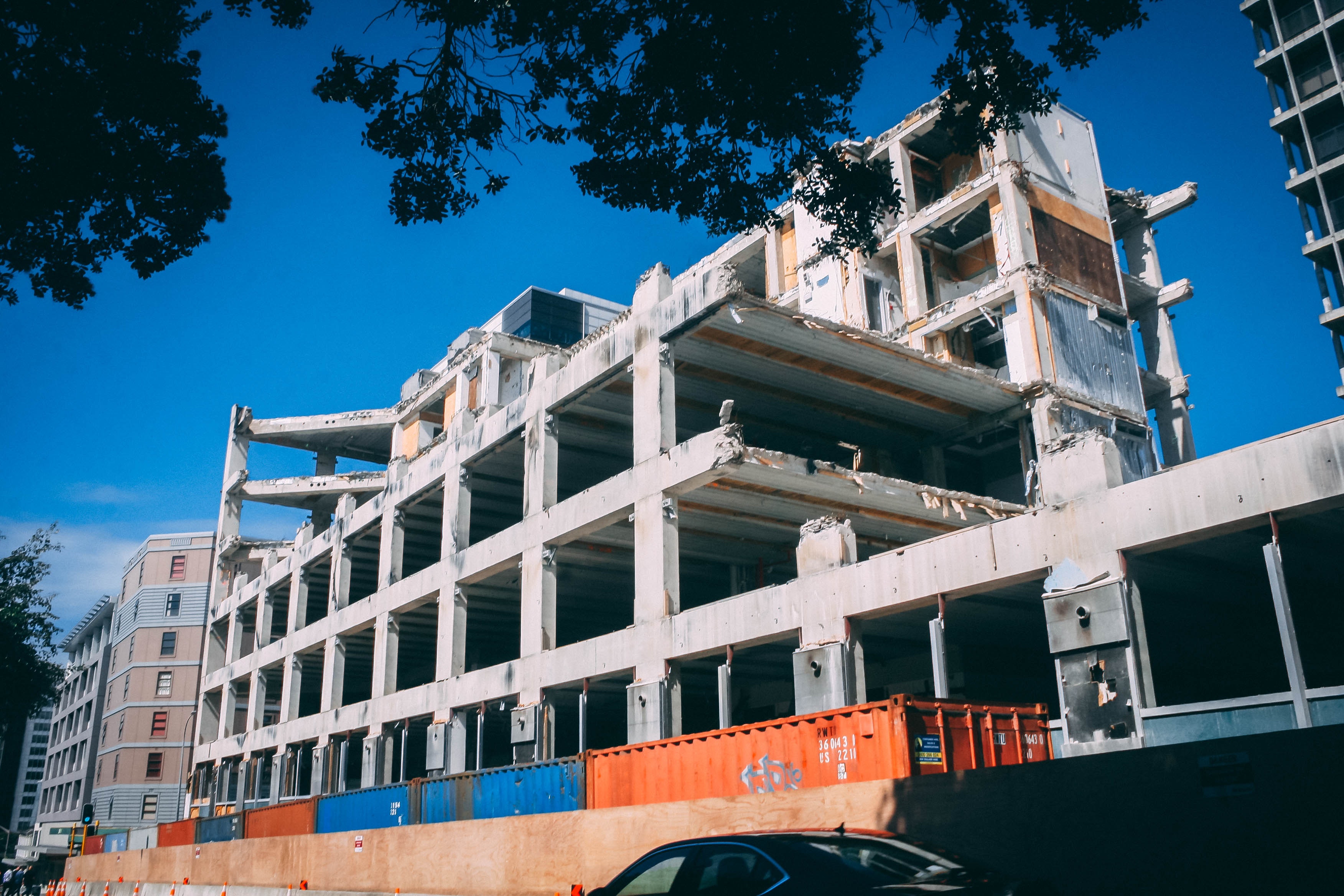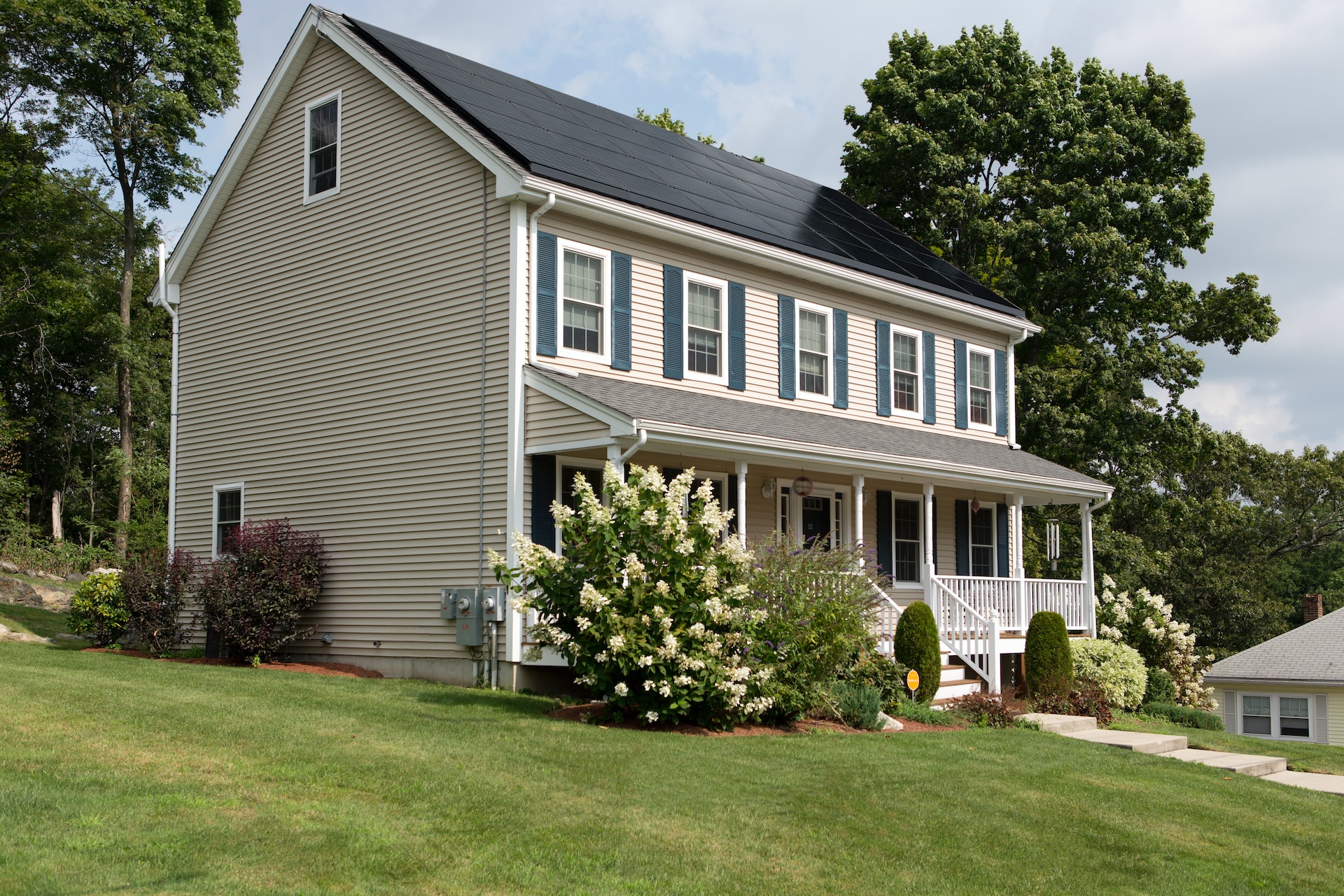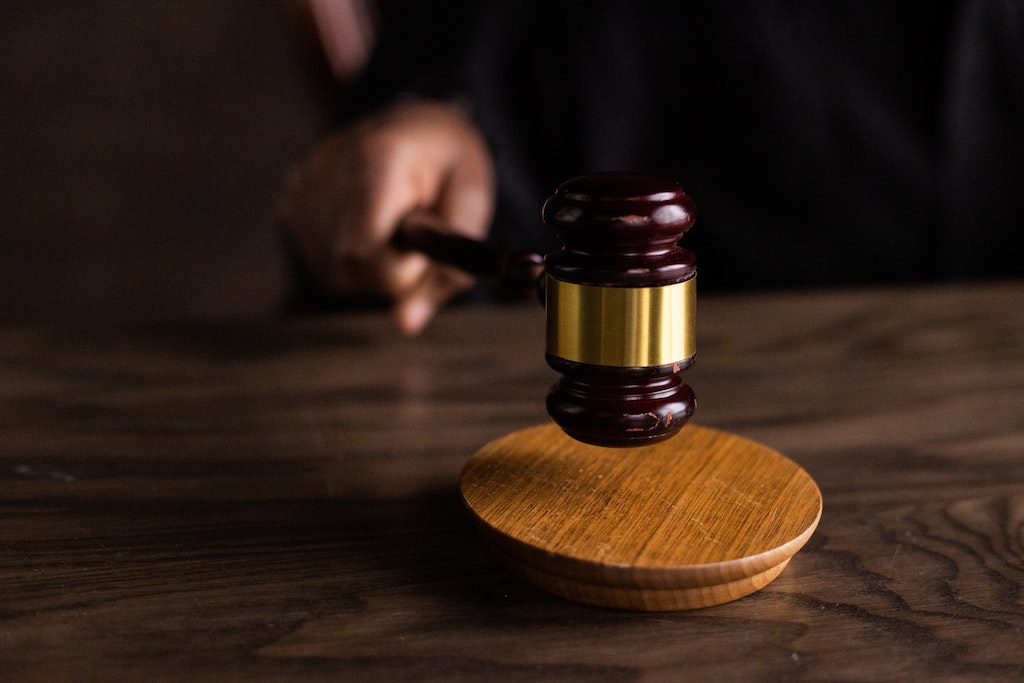Homeowners insurance provides valuable coverage for your property and possessions, but it only goes so far. There are occurrences that are not covered under your home insurance policy. While policies can vary, some common exclusions (events not covered by home insurance) are typically not covered by homeowners insurance.
Natural Disasters Not Covered By Home Insurance
One key exclusion to be aware of in home insurance coverage is some natural disasters.
Earthquakes
Standard home insurance policies typically do not cover earthquake damage. Due to the unique risks and potential for extensive damage caused by earthquakes, homeowners in earthquake-prone areas need to purchase separate earthquake insurance policies or endorsements.
Floods
Home insurance policies usually exclude damage caused by flooding from heavy rainfall, overflowing creeks or rivers, and other natural water sources. Flood insurance is generally provided by the Federal Emergency Management Agency (FEMA) and can be purchased through your insurance company.
Other Natural Disasters
Other natural disasters often not covered by standard home insurance include:
- Wildfires
- Sinkholes
- Landslides
To safeguard your home against these risks, consider purchasing separate flood insurance and earthquake insurance policies. These specialized insurance policies provide coverage specifically for floods and earthquakes.
Water Damage Exclusions
Water damage from backed-up sewer lines, drains, and overflowing sump pumps is usually not covered under standard policies. However, optional coverages like Water Backup Coverage can be added to your policy to cover these risks.
Water damage caused by a lack of proper maintenance, such as failing to repair a leaky pipe that eventually bursts, is typically excluded. Standard policies cover sudden and unexpected water damage from burst pipes or ruptured water heaters but not the cost of replacing the faulty equipment.
Pest Damage
One of the exclusions from homeowners insurance coverage is damage caused by pests, such as termites or rodents. Pests like termites can wreak havoc on the structure of your home, including the foundation, walls, and support beams. Homeowners should take preventive measures and consider pest control services to mitigate these risks.
Protecting Your Home from Termites
- Ensure your property is properly maintained, clean, dry, and well-ventilated.
- Remove any sources of excess moisture, such as standing water or leaky pipes.
- Seal cracks and openings in your home’s foundation and walls to prevent pests from entering.
- Regularly inspect your property for signs of termite activity, such as mud tubes, discarded wings, or hollow-sounding wood.
- Consider professional termite inspections and treatments to detect and eliminate infestations.
Normal Wear and Tear
Over time, your home and belongings will naturally experience wear and tear from regular use. This can include paint peeling, wearing out flooring, or appliances breaking down due to age or regular use. While regular maintenance and upkeep are vital to mitigate the effects of wear and tear, note that insurance coverage is not intended to address these routine issues.
Intentional Acts of Damage or Negligence
If you intentionally cause damage to your property or engage in negligent behavior that leads to damage, your home insurance will likely not cover it. This includes acts such as vandalism, arson, or neglecting to properly maintain your property, which can result in costly repairs.
Preventing Intentional Acts of Damage or Negligence
- Secure your property: Install adequate security measures to deter vandalism and break-ins, such as security cameras, alarm systems, and motion-sensor lights.
- Maintain your property: Regularly inspect and maintain your property to address potential hazards or issues that could lead to damage.
- Be cautious with fire: Practice fire safety measures, such as properly using fireplaces, candles, and outdoor fire pits. Always extinguish flames and dispose of ashes properly.
- Take care with maintenance: Keep up with regular maintenance tasks, such as repairing leaks, fixing cracks, and maintaining your home’s infrastructure.
Personal Belongings Not Covered by Standard Policies
There are often limits to home insurance coverage for certain personal belongings. Most standard policies limit high-value items such as jewelry, artwork, or collectibles.
Additional Insurance for Valuables
By obtaining additional insurance for your valuable belongings, you can ensure that they are adequately protected in the event of loss, theft, or damage. This additional coverage can provide:
- Higher coverage limits for specific items or categories of personal belongings.
- Protection against a wider range of risks, including accidental damage or loss outside of your home.
- Reimbursement for the full value of your valuable items, rather than a depreciated value.
Home Business and Home Office Equipment
Home insurance typically does not cover business-related equipment and liabilities if you run a home-based business or have a home office. Your standard policy covers personal use of your property and possessions, not business activities. This means that if your business equipment is damaged or stolen, or if a client is injured while visiting your home office, your home insurance may not cover the associated costs.
A business owner’s policy (BOP) or a separate commercial insurance policy can cover your business-related assets and liabilities, including equipment, inventory, and liability claims.
What to consider when insuring your home business:
- Identify the specific risks associated with your industry and tailor your coverage accordingly
- Create an inventory of your business equipment and assess its value for accurate coverage
- Review your policy regularly to account for any changes or expansions to your business
- Consult with an insurance professional to ensure you have the appropriate coverage in place
Review your policy carefully to know exactly what is and isn’t covered. Consider any potential risks or concerns specific to your property and consult an insurance professional to ensure you have the appropriate coverage to protect against potential losses.




